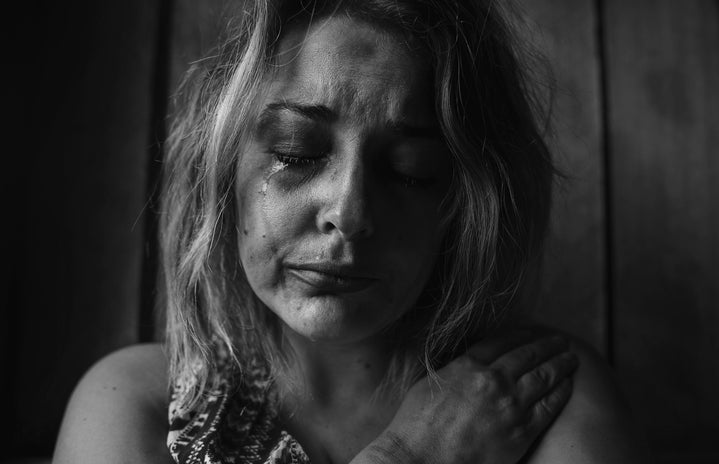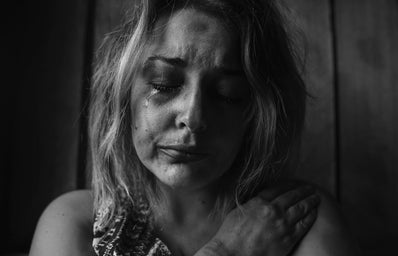The International Day of Zero Tolerance for Female Genital Mutilation was set on Feb. 6 as a call to action against Female Genitalia Mutilation (FGM). At least two million people assigned female at birth alive today have been subjected to FGM. What is it and what countries still practice it?
According to Unicef, female genitalia mutilation are processes that involve altering or injuring female genitalia for non-medical reasons. This is a violation of human rights and in the case of minors, a violation of child rights.
The procedure is most commonly done between birth and age 15. FGM has various consequences for people assigned female at birth (AFAB), including physical complications such as severe pain, bleeding, infections, sexual health, reproductive problems and even death. It also has implications for mental health such as shock, PTSD, anxiety and depression. Most of the time, the procedure is done forcefully.
Jaha Dukureh, an activist, UN ambassador for Africa and survivor of FGM, spoke in an interview about her experience at 15 years old travelling to marry a man.
“I was blindfolded. Then [the cutter] tied my hands behind my back. My legs were spread open and then they pinned down my labia.” She added that “then after a few minutes, I felt a sharp pain. I screamed, I yelled, but no-one could hear me. I tried to kick myself free, but a vice-like grip held my leg.”
FGM procedures are often unhygienic as the tool is used multiple times on various people. It is carried out by non-expert practitioners who possess little knowledge of anatomy of the genitourinary system. Infections and adverse reactions occur as a consequence.
Though FGM is illegal in various countries across the globe, it continues to be carried out in many nations. Cultural reasons include preserving the virginity of the AFAB person in order to make them “marriageable” and enhance male sexual pleasure. In other places it is a requirement for adulthood. It is a prerequisite of marriage.
The long-term consequences of the procedure are also social. People face stigma, ridicule, discrimination and isolation due to the lack of birthing capacity FGM often causes.
“There are four types of FGM, I went through Type 3,” said Jaha, “which is the total removal of the clitoris, and the labia and the vagina are stitched together with only a small hole to urinate and menstruate. I realized that my marriage could not be consummated till I was deinfibrilated.”
FGM continues to be practiced in at least 30 countries and three continents including Africa, Latin America and Asia, although24 of these countries have legislation or decrees against it. The detection of this practice can be difficult because people are either too young to report it or face shame when doing so.
Survivors have come together by creating organizations that fight against FGM such as Her Voice Matters. Support from the UN General Assembly has served to create the Global Joint Programme on Eliminating FGM.
“We must support women and girls, especially survivors, to lead change and be role models. When a survivor speaks to her own people, it touches a chord,” Jaha said.
This month is an opportunity to focus efforts for intervention against practices that are still ongoing to this day.


